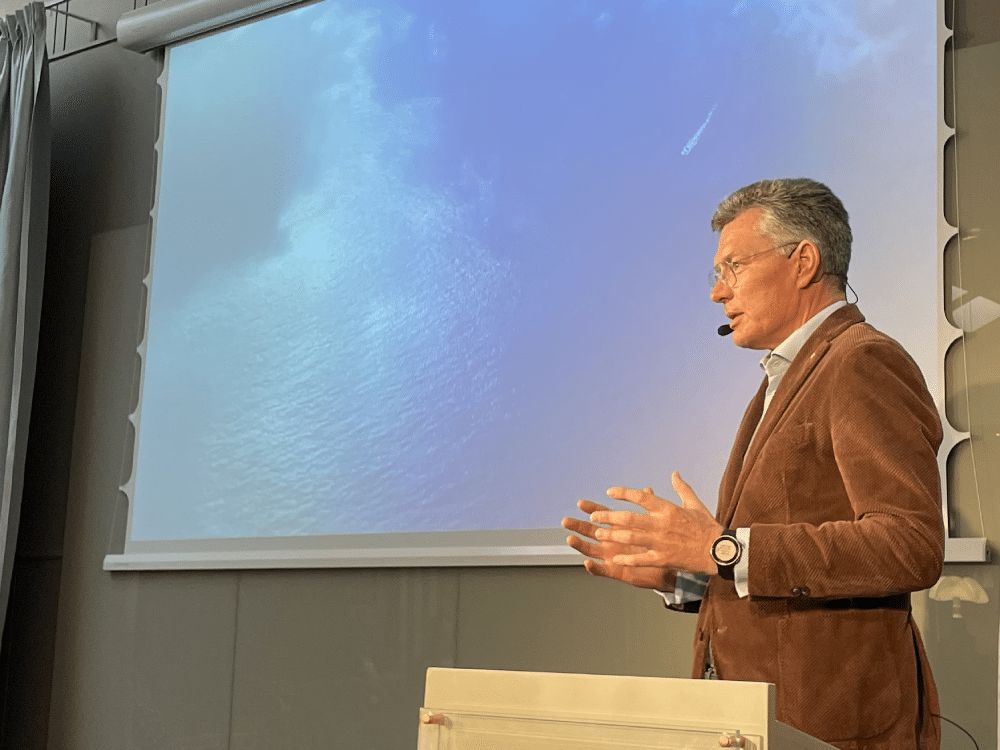India and Denmark Strengthen Ties with Focus on Green Strategic Partnership and Counter-Terrorism

External Affairs Minister S. Jaishankar's recent visit to Denmark has underscored the deepening bilateral relations between India and Denmark, with a particular emphasis on the Green Strategic Partnership (GSP) and mutual support in the global fight against terrorism. During his meetings with Danish Prime Minister Mette Frederiksen and other officials, Jaishankar conveyed Prime Minister Narendra Modi's greetings and expressed India's appreciation for Denmark's solidarity in combating terrorism, a gesture that highlights the shared concerns and cooperation between the two nations.
The discussions between Jaishankar and Danish leaders also focused on advancing the GSP, a comprehensive framework established in 2020 aimed at fostering collaboration in areas such as climate action, renewable energy, and sustainable urban development. Both countries have set ambitious environmental targets, with Denmark aiming for a 70% reduction in CO₂ emissions by 2030 and India targeting net zero by 2070. This partnership exemplifies how international cooperation can accelerate progress towards sustainable and green energy solutions.
One of the key outcomes of the visit was the exploration of new initiatives under the GSP, including the Green Transition Alliance India (GTAI), which seeks to bring together Danish and Indian companies and researchers to drive innovation in green technologies. This initiative reflects the dynamic and evolving nature of the India-Denmark partnership, which is increasingly focused on addressing global challenges through sustainable and collaborative solutions.
Jaishankar's visit to Denmark is part of a broader three-nation tour that also includes the Netherlands and Germany, signaling India's commitment to strengthening its ties with European nations. The discussions in Copenhagen not only reaffirmed the strategic partnership between India and Denmark but also highlighted the potential for further collaboration in areas of mutual interest, including security, sustainability, and technological innovation. As both nations continue to work together, their partnership serves as a model for international cooperation in addressing some of the most pressing challenges of our time.




